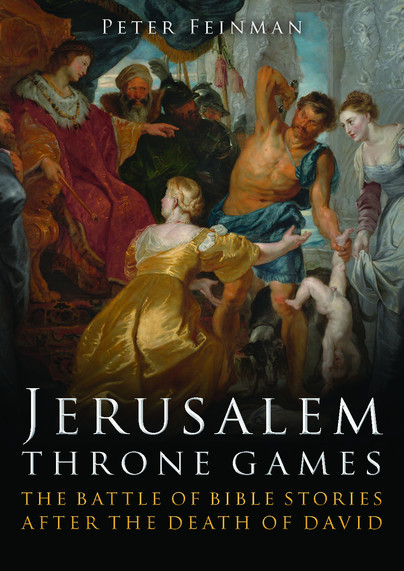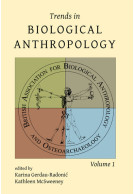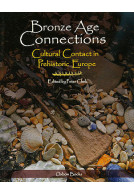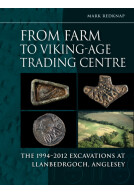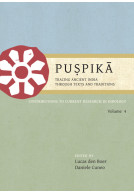Jerusalem Throne Games (Paperback)
The battle of Bible stories after the death of David
Imprint: Oxbow Books
Pages: 352
Illustrations: b/w
ISBN: 9781785706165
Published: 24th July 2017
Script Academic & Professional
Pages: 352
Illustrations: b/w
ISBN: 9781785706165
Published: 24th July 2017
Script Academic & Professional
You'll be £7.95 closer to your next £10.00 credit when you purchase Jerusalem Throne Games. What's this?
+£4.99 UK Delivery or free UK delivery if order is over £40
(click here for international delivery rates)
Order within the next 8 hours, 45 minutes to get your order processed the next working day!
Need a currency converter? Check XE.com for live rates
(click here for international delivery rates)
Order within the next 8 hours, 45 minutes to get your order processed the next working day!
Need a currency converter? Check XE.com for live rates
Jerusalem Throne Games explores the political battle for power to succeed David expressed through selected stories from the beginning of the Book of Genesis. In these confrontations, combatants wielded a new weapon of war that was changing the course of human history, the alphabet prose narrative.
With this weapon, competing factions battled for throne not with the blog, the op ed, the tweet or the essay, but through storytelling. In this book six of those stories from Gen. 4-11 are analysed through the lens of the succession of Solomon and the collapse of his kingdom. These stories are identified as “son” stories or supplements to the existing alphabet narrative from the time of David. They were written by the various factions or priesthoods vying for power and are political in nature.
Each story, the Sons of Cain, the Sons of Seth, the Sons of God, the Sons of Noah, the Son of Cush (Nimrod), and the Sons of men (Tower of Babel), is reviewed through selected commentaries from ancient times to the leading ones of the 20th century. These tensions raised highlight the need to revise the Documentary Hypothesis, the traditional scholarly approach for understanding the writing of these stories.
A new Documentary Hypothesis is proposed for the writer known as J, the traditional author of these six stories. It presents the creation of supplemental and interactive writing by the Levites, Zadokites, and Aaronids who battled for power to name, dominate, and influence the person on the throne. The story of Jerusalem throne games began with the death of David and continued for centuries. The goal in this book is to understand the creation and meaning of those stories in their original political context in the time of Solomon.
Other titles in Oxbow Books...







